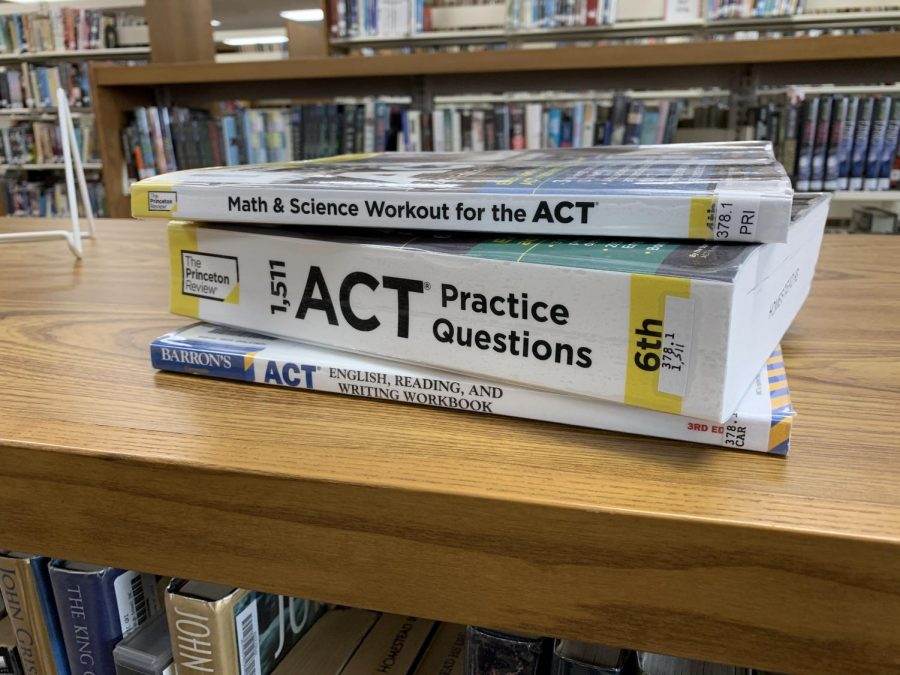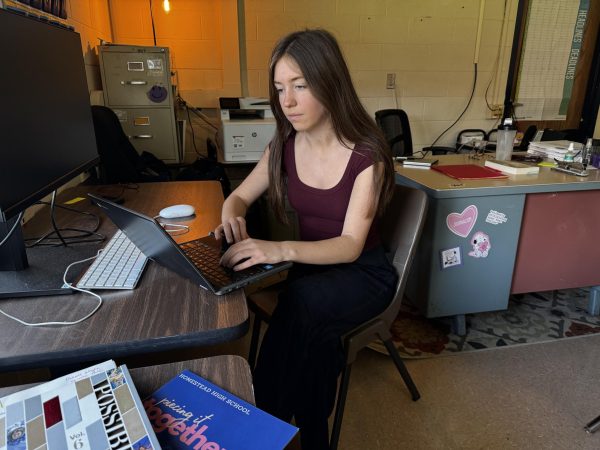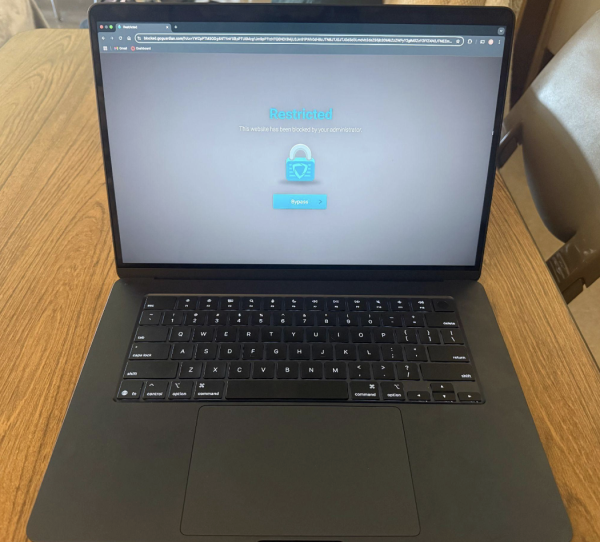New changes to ACT testing in 2020
Homestead’s I-Wing 1 supplies students with many ACT practice test booklets to help them study.
As students finish up their ACT, they flip to the back page where a final questionnaire asks them to reflect on possible changes that could be made to the way students take the test. ACT is now bringing some of those questions to fruition.
Starting in September of 2020, ACT is introducing three new options to the mandatory standardized test.
The first change students will see is the chance to be able to retest on individual sections (English, math, reading or science), rather than retaking the entire four-hour test. ” This is going to allow students to put their focus onto the subjects where they struggle most. These retakes will take place on the same date as the regularly scheduled national test dates, and students will be given the same amount of time and questions as on the original test.
Along with that change, super-scoring on the ACT will become readily available to any college that a student may apply to, no matter the school’s policy. Prior to this change, only a handful of universities accepted a student’s ‘super-score’, which is the composite score of all the sections they did best on, across all the tests they may have taken. However, starting in September of 2020, ACT will send out super-scores, along with regular composite scores. According to ACT’s research, super-scores are more predictive of how students will perform in college courses.
The third and final change will include the ability to complete the ACT on a computer. Students will have to take the test in a designated testing center and will to use a desktop or laptop that is provided for them. This will allow students to have their composite scores back in as little as two business days after taking the test and could allow them to send scores to colleges in a more timely manner.
The time has expired for the Homestead’s Class of 2020 to take advantage of these new changes, a fact not lost on them. “I took the ACT three times, and it would have been great if all these options were available at the time. It would have made testing a lot easier, especially being able to retest certain sections,” Payton Kuenzi, senior, said.
However, kids who have not yet taken the test are excited about these new options. “Knowing that I’m going to have to take the ACT next year, it’s nice to know I’ll be able to have options that could make testing easier and maybe help raise my score,” Jack Boegel, sophomore, said.
As these new changes are implemented, they have the potential to alter the course of ACT test-taking for years to come.
Suzana Delaghne, ACT Chief Commericial Officer, said, “Students come first at ACT, and these groundbreaking new options will directly benefit them, providing more choices, and improved testing experience, and an opportunity to showcase their readiness and reach their maximum potential.”

Katie Shirley is a senior at Homestead High School, and although hasn't been in publications for a while, she is excited to get back into it. Outside of...










